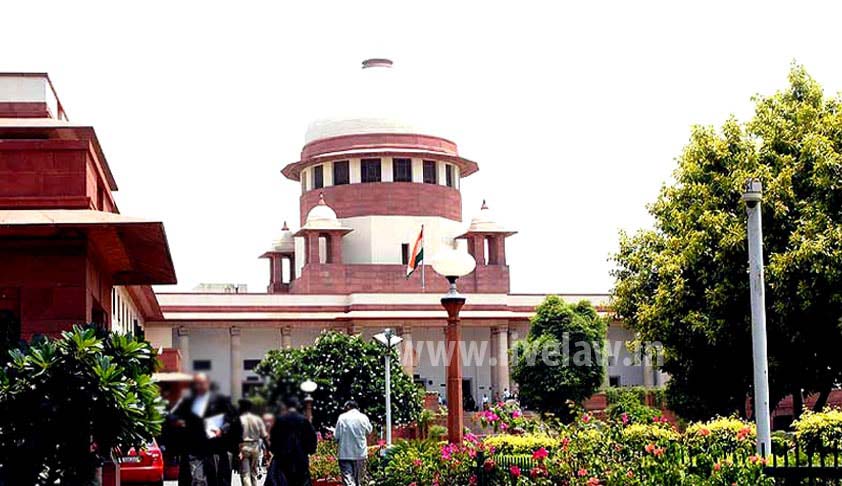SC Agrees To Examine Whether Corporate Bodies Can File Criminal Defamation Cases
Vidushi Sahani
5 Sept 2016 8:30 PM IST

Next Story
5 Sept 2016 8:30 PM IST
The Supreme Court’s verdict is expected to strike a careful balance between Article 19 of the Constitution and the right of corporate bodies to file criminal defamation case for alleged damage to reputation. The Supreme Court on Monday agreed to examine the question whether corporate bodies can initiate criminal defamation proceedings. A bench headed by Justice J.S. Khehar asked...
